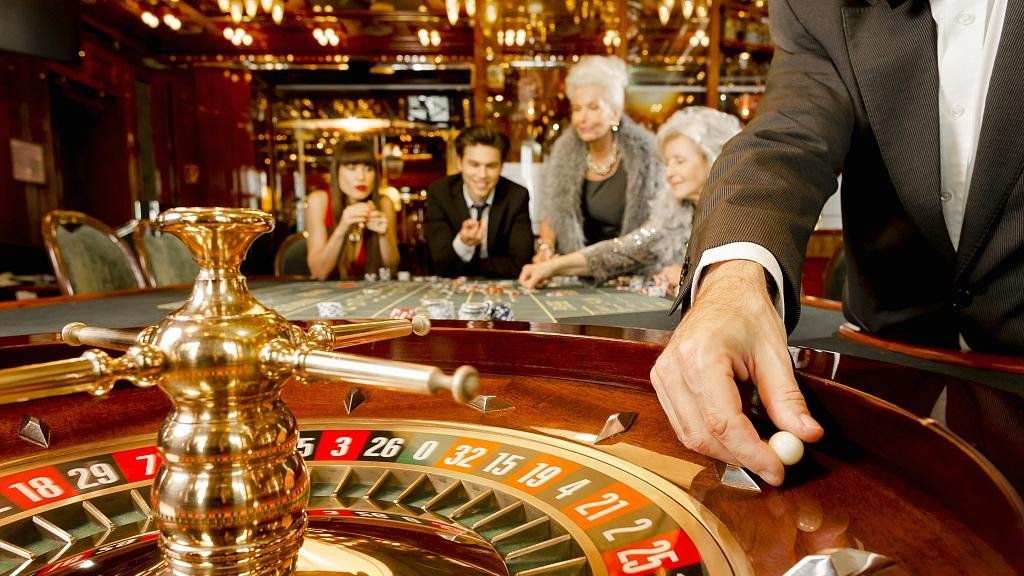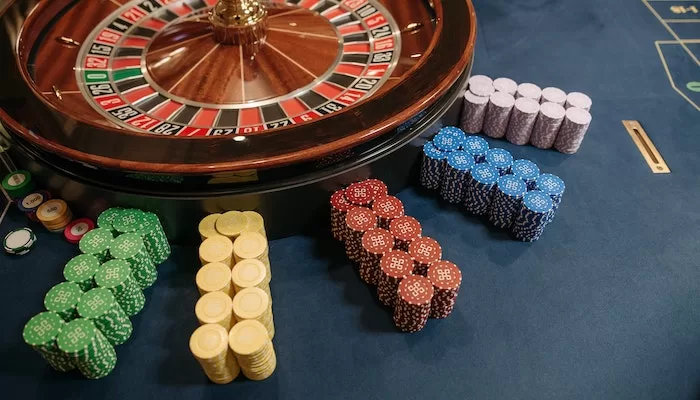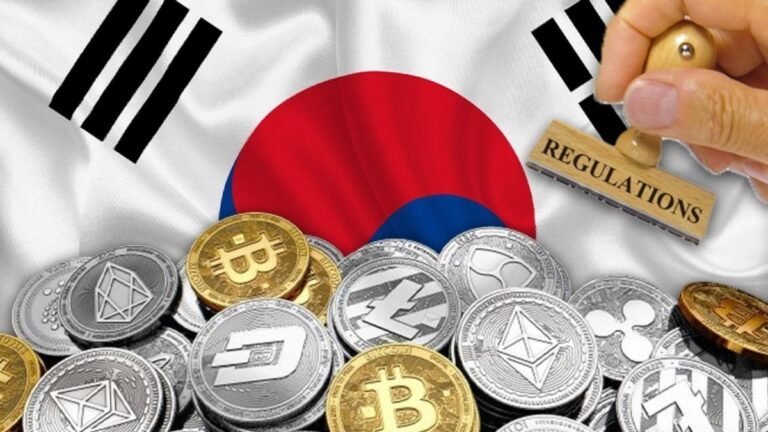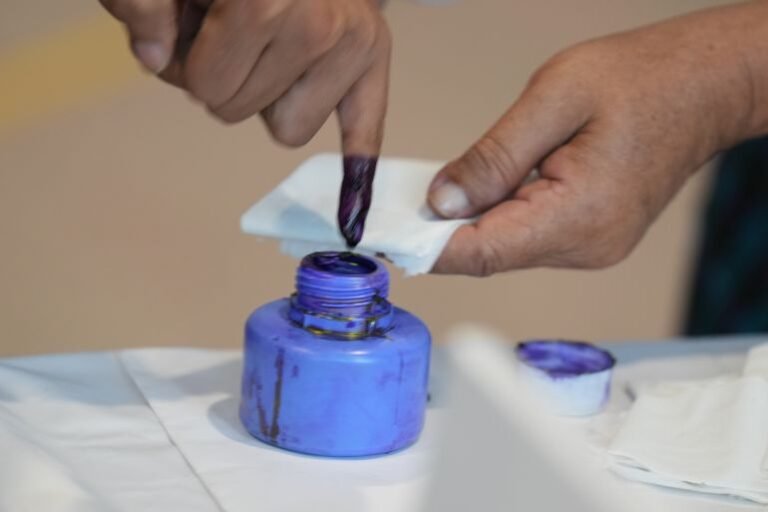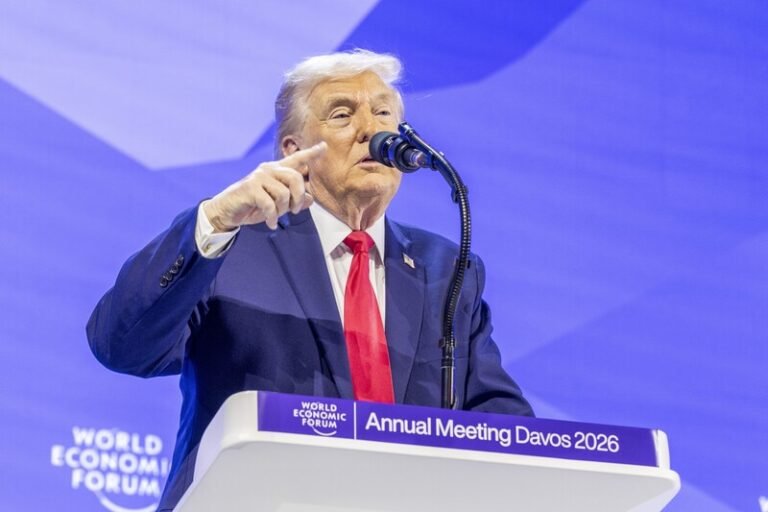In the never-ending race to become Asia’s next big gaming market, many countries have jumped into the fray with high expectations, grand visions, and carefully crafted agendas. Among these hopefuls, South Korea has quietly established itself in the domestic gambling market. As competition heats up across Asia, from the neon-lit streets of Macau to integrated resorts in Singapore and new developments in the Philippines, South Korea’s kiosk casinos are establishing themselves as serious contenders. So, how exactly does South Korea stack up in this fierce competition?
A Unique Model Approach for Non-Natives Only
Unlike many of its Asian neighbors, South Korea has a relatively unique kiosk policy. There is only one kiosk open to residents, while the rest are all for foreign guests. This foreign-only regime was created with the dual purpose of encouraging tourism while minimizing the social problems associated with gambling addiction among its citizens.
While this regulation may seem restrictive at first glance, it has created a target cult focused on South Korea. Korea is widely promoted to visitors from neighboring countries such as China, Japan, and Southeast Asia. With excellent air traffic, efficient transportation, and cultural attractions, Korea offers tourists an accessible and attractive place to enjoy both leisure and gaming. As a result, many observatories in Korea are integrated resorts that include entertainment, luxury accommodation, shopping, and dining in addition to gaming facilities.
In the wider Asian region, Korea faces strong competition. Macau, with its unique character and robust gaming culture that has been firmly established for decades, remains a regional powerhouse. Singapore, on the other hand, is the epitome of integrated resorts that combine world-class observatories, family theme parks, and entertainment, attracting millions of tourists each year. Meanwhile, the Philippines has emerged as a fast-growing challenger with a positive investment climate and aggressive expansion strategy.
To succeed in a saturated market, Korean gaming companies have relied on several strategic strengths. First, Korea’s geographic location is crucial. Located just a few hours from important markets such as China and Japan, Korea is an affordable option for a short gaming vacation. In addition, Korea’s rich cultural heritage, K-pop culture, and encyclopedic entertainment industry have created greater tourism appeal that can attract even non-gaming visitors, ultimately positively impacting the kiosk industry.
The Role of Government Support and Regulation
The Korean government sees the secularization of kiosks as a source of public tourism revenue. Those in power have taken careful steps to attract foreign investment, offering tariffs and automated, non-supervised procedures for foreign drivers looking to set up business in the country. However, the government remains cautious, making it clear that the installation of observation decks does not threaten the country’s social environment.
Strict supervision and strict compliance requirements have been implemented to discourage illicit activities such as money laundering, and responsible gambling programs targeting vulnerable groups are in place. This balance of encouraging development while also curbing suffering has allowed Korea to maintain a consistent and respected image in the global gaming market.
The Tourism Community is More Than Just a Place to be.
What makes Korea stand out in the competitive Asian market is its ability to combine gambling with a broader tourism experience. Visitors to Korea’s observatories tend to extend their stays to explore virtual locations, indulge in world-class shopping, sample unique cuisine, and immerse themselves in vibrant pop culture. Compared to other destinations that rely solely on gambling revenue, Korea offers a more comprehensive tourism product that appeals to different religious groups.
This diversification acts as a buffer against the continued volatility of the gaming industry. Even when changes that occur without political pressure or regulatory intervention affect gaming demand, Korea’s overall tourism infrastructure provides a means to maintain a stable customer base and revenue stream.
The global pandemic has caused a severe downturn in the kiosks and tourism industries around the world, and Korea is no exception. Travel restrictions, health businesses, and profitable inquiries have forced many observatories to temporarily close or operate under severe restrictions. Nevertheless, the reopening of borders has brought new hope.
Korean observatories are stepping up efforts to retain regular customers, improve observatory facilities, and promote new technologies to enhance the customer experience. Contactless services, innovative security features, and data-driven marketing strategies are appealing to a new generation of tourists and gamblers seeking safety, comfort, and unique experiences.
Looking to the Future of Korean Gambling
As the race to become Asia’s gaming paradise unfolds, Korea stands at a critical juncture. Global travel and leisure demand is on the rise once again, and competition to attract high-stakes tourists is fiercer than ever. Korean tourism companies are poised to solidify their position by leveraging their strengths of strategic location, cultural flair, pro-government policies, and diverse tourism products.
While it may not have the scale of Macau or the glamour of Singapore, Korea’s kiosk boom is carving out a competitive niche of its own. By focusing on quality over quantity, expanding responsibly, and providing a multifaceted customer experience, Korea is showing that it doesn’t have to follow traditional methods to become a leader in Asia’s high-stakes gaming market.
Disclaimer: Gambling involves financial risk and can be addictive. Participate responsibly and only if you are of legal age.




